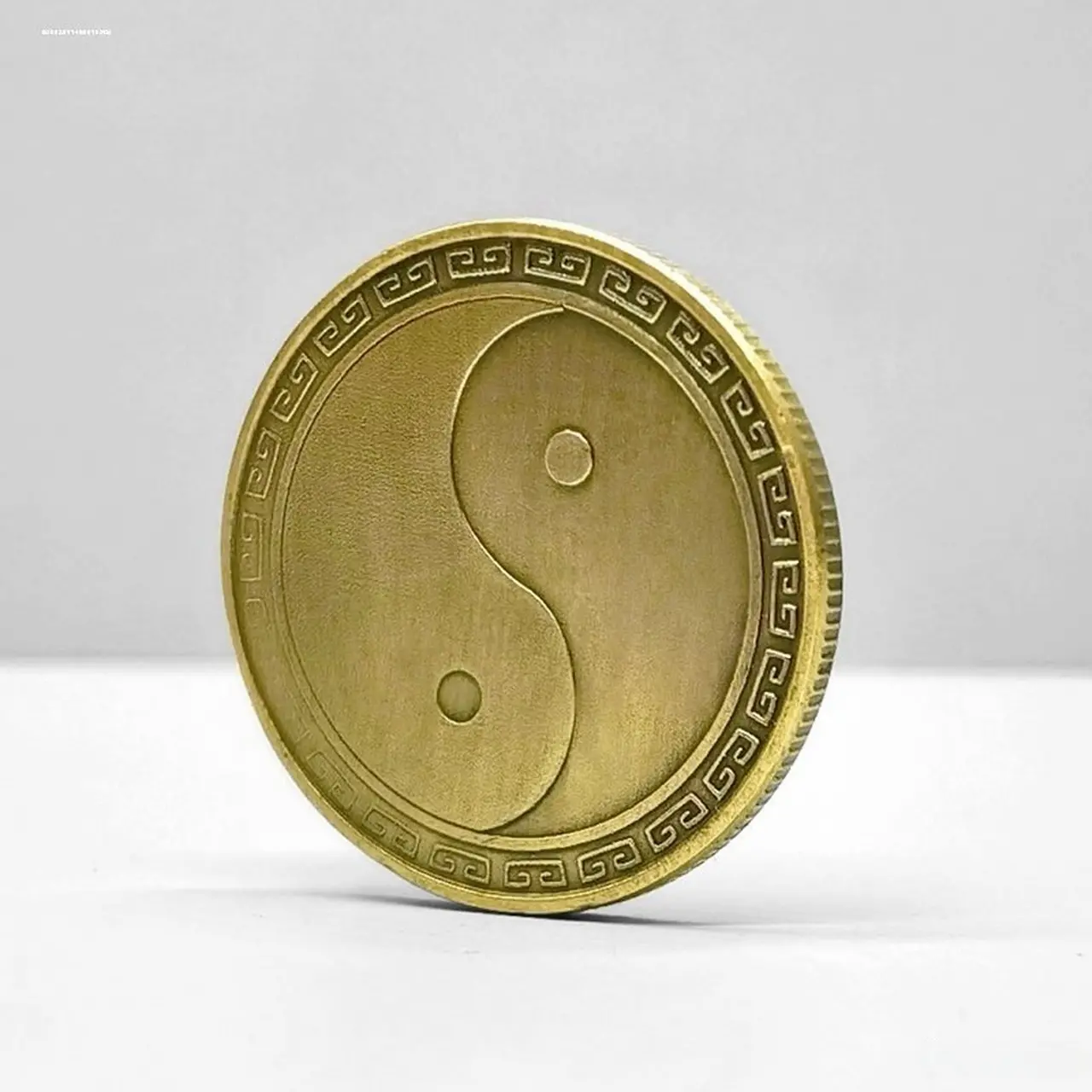Exclusive Interview with Robinhood Crypto General Manager: Acquiring Bitstamp is to Expand Global Market and a Response to the US Regulatory Environment
Author: Sage D. Young, Unchained
Compiled by: Yangz, Techub News
As a financial platform with 10.9 million monthly active users and a $17.2 billion on-chain investment portfolio, Robinhood deserves the title of "cryptocurrency giant." Yesterday, Robinhood announced that it will acquire the cryptocurrency exchange Bitstamp for a final transaction price of $200 million in cash, expanding its globalization efforts beyond the United States. Robinhood stated that the acquisition is expected to be completed in the first half of 2025, pending customary closing conditions, including regulatory approvals. Currently, both parties have reached a purchase agreement. Barclays Capital will serve as Robinhood's exclusive financial advisor, while Galaxy Digital Partners will act as Bitstamp's exclusive financial advisor.
Robinhood introduced that Bitstamp was founded in 2011 and has offices in Luxembourg, the UK, Slovenia, Singapore, and the United States. According to data from CoinGecko, Bitstamp's 24-hour trading volume reached $234.4 million.

To better understand this acquisition, Unchained interviewed Johann Kerbrat, General Manager of Robinhood Crypto. In addition to discussing the acquisition, Kerbrat also shared his outlook on the current cryptocurrency space, including the relationship between the U.S. Securities and Exchange Commission (SEC) and cryptocurrency projects, the uncertainty of the current political landscape in the U.S., and the reasons why Robinhood has refused to list certain tokens.
Here are the key points from the interview:
- What would be the best-case scenario for Robinhood six months after acquiring Bitstamp?
- Why is Robinhood "in the same process as Uniswap Labs," both having received Wells notices from the SEC?
- Why is it said that "the lack of regulatory clarity in the U.S. is one of the main reasons for our expansion into the EU"?
- Is decentralization a factor Robinhood considers when deciding whether to list a token?
Q: First, please introduce yourself.
A: I have been working at Robinhood Crypto for over three years, initially joining as the Chief Technology Officer. I have spent my life in engineering roles, but back in 2010, when everyone was still pondering "why do we need cryptocurrency," "why do we need Bitcoin," and "what is Bitcoin," I joined a cryptocurrency company. Looking at it now, Bitcoin is no longer a "question," and institutions on Wall Street are buying Bitcoin daily through ETFs. We will see more real user cases of active usage in the U.S. and other countries.
Q: How long has the preparation for this acquisition taken?
A: Cryptocurrency and blockchain will continue to exist as the foundation of the future financial world. Currently, we have been looking for potential ways to accelerate business development and have been exploring potential mergers or collaborations with other companies in the field.
I can't tell you exactly how long we have been preparing, but we are very excited about this deal. This acquisition helps with the international expansion of cryptocurrency and introduces Robinhood's first international business, which is a great move for the company.
Q: How do you see Robinhood's business developing in the EU after the acquisition?
A: Overall, we hope to expand our potential market, and the EU market is quite promising. Acquiring Bitstamp indeed helps to enlarge our market size, as they have valid licenses and registrations in over 50 countries worldwide. They can bring us customers from the EU, the UK, the U.S., and even parts of Asia.
Q: From your perspective, what would be the best-case scenario six months after this acquisition?
A: To be honest, this deal has just been announced, and it will take some time to complete. We expect to go through all the processes by the first half of 2025, so the best-case scenario is that the deal is completed smoothly and approved by the regulatory agencies.
Q: Can you provide more information about the current status of the transaction regarding what regulators need to do? When you mention "regulators," are you referring to U.S. regulators, EU regulators, or both?
A: Yes, both. Therefore, the completion of the transaction needs to be adjusted according to the actual situation, which includes regulatory approvals from several different agencies. In this regard, Robinhood's previous experience working with the SEC, FINRA, and the New York Department of Financial Services will be helpful, and we now have relevant experience in the UK and EU as well. So overall, we do not expect any major obstacles.
Q: Uniswap responded to the Wells notice on May 21. After reading their response, what insights did you gain?
A: We can say that we are "in the same boat" as Uniswap Labs. We recently received a Wells notice as well. For me, the main takeaway is that U.S. regulators need to clarify what constitutes a security and what constitutes cryptocurrency. We strongly disagree with the view that any asset we offer on our platform is a security, and we have a strict process for listing any tokens or assets on our platform, including securities analysis.
In the past, we have been trying to engage with the SEC. As of this interview, we have met with them 16 times, trying to register, and at this point, we are extremely disappointed with their response, just hoping they can clarify this as soon as possible.
Q: After multiple meetings with the SEC, are you still surprised that Robinhood received a Wells notice?
A: Of course, we are disappointed. We have always been proactive, and when the SEC chair publicly stated that cryptocurrency companies should register, we attempted to register.
Q: Given the current political landscape in cryptocurrency (the SEC's actions regarding the Ethereum spot ETF have sparked optimism, but several cryptocurrency companies have also received Wells notices, and the regulatory framework in the U.S. remains unclear), do you or Robinhood have any action plans regarding regulation?
A: The Financial Innovation and Technology Act of the 21st Century (FIT21) is a good way forward. It at least provides us with regulatory clarity and a framework we can comply with. Robinhood, as both a brokerage and a cryptocurrency platform, is regulated by FINRA, the SEC, and the New York Department of Financial Services. We know how to engage and cooperate with regulators. If we still cannot obtain clear regulation at this point, that is obviously a problem. We hope to see results from this bill and move forward. However, it should be noted that the lack of regulatory clarity in the U.S. is one of the main reasons we chose to expand into the EU market. In January 2025, the EU will introduce a clear regulatory framework, MiCA, and I am surprised that the U.S. is lagging behind the EU in adopting a clear cryptocurrency framework.
Q: Can you point out specific aspects of the current U.S. regulatory ecosystem that are distinctly different from those abroad?
A: The regulation of cryptocurrency itself is very different. For example, our SEC chair states that cryptocurrency companies need to register with the SEC. Then, we have been trying to register but have not succeeded. Even if we successfully register, there will still be issues related to asset issuers.
At this point, just considering the millions of U.S. customers with cryptocurrency risk exposure who cannot clearly understand the regulatory rules is a problem. We take a safety-first approach, listing only 15 assets on our platform and never offering staking services. But the existing dilemma is that you can choose to be safe and still receive a Wells notice from the SEC; you can also choose to be aggressive and still encounter problems.
Q: What are the most common reasons for Robinhood to refuse to list tokens on the platform?
A: It depends on the specific situation, including whether it is decentralized, etc. If it is a PoW chain, considerations include whether there is sufficient decentralized mining capacity to ensure that the chain does not experience issues like rug pulls. If it is a PoS chain, considerations include whether there are enough validators or whether the validator group is sufficiently decentralized.
Additionally, there are operational factors, such as whether the token has sufficient liquidity. Do we have enough methods to support the asset? Do we have enough market makers and liquidity providers to support it? So, there are many reasons. I don't think any one reason is more important than the others. We want to take a safety-first approach.
Q: What do you think the SEC's approval of the Ethereum spot ETH means for the rest of the world?
A: I don't know if this approval will have much significance. But considering that in the past, people did not really expect to seek regulatory clarity from the U.S., the approval of the Ethereum spot ETF could allow more institutions to participate and give more weight to the cryptocurrency ecosystem.
Q: From a professional or personal perspective, which blockchain networks/protocols are you currently active on?
A: Personally (not investment advice), I have been trying to study almost every new chain, really understanding what they bring, why they are different, and what types of applications are being built on-chain.
Recently, I have been active on Base. For me, understanding some applications on Base, like Friend.Tech, and seeing how people are using it is very important for us to understand where we need to do more work.
Recently, our collaboration with Arbitrum has also been very active. A month or two ago, we announced our partnership, which excites us.
Q: Robinhood's user base is quite diverse, but among those who hold cryptocurrencies, who are the most loyal and sticky users?
A: 50% of Robinhood's investors are new investors, so they may not have had brokerage accounts before. Our customer base is also very diverse, with many being millennials and Gen Z. For me, this is the most exciting part. It truly opens the door and narrows the wealth gap between generations.
In terms of cryptocurrency, we see a very diverse group. Some users are very active traders who make numerous trades on the platform daily or even hourly, while others are older users who buy and hold for years. The challenge for me is to meet the needs of all of them and create applicable features for everyone.











